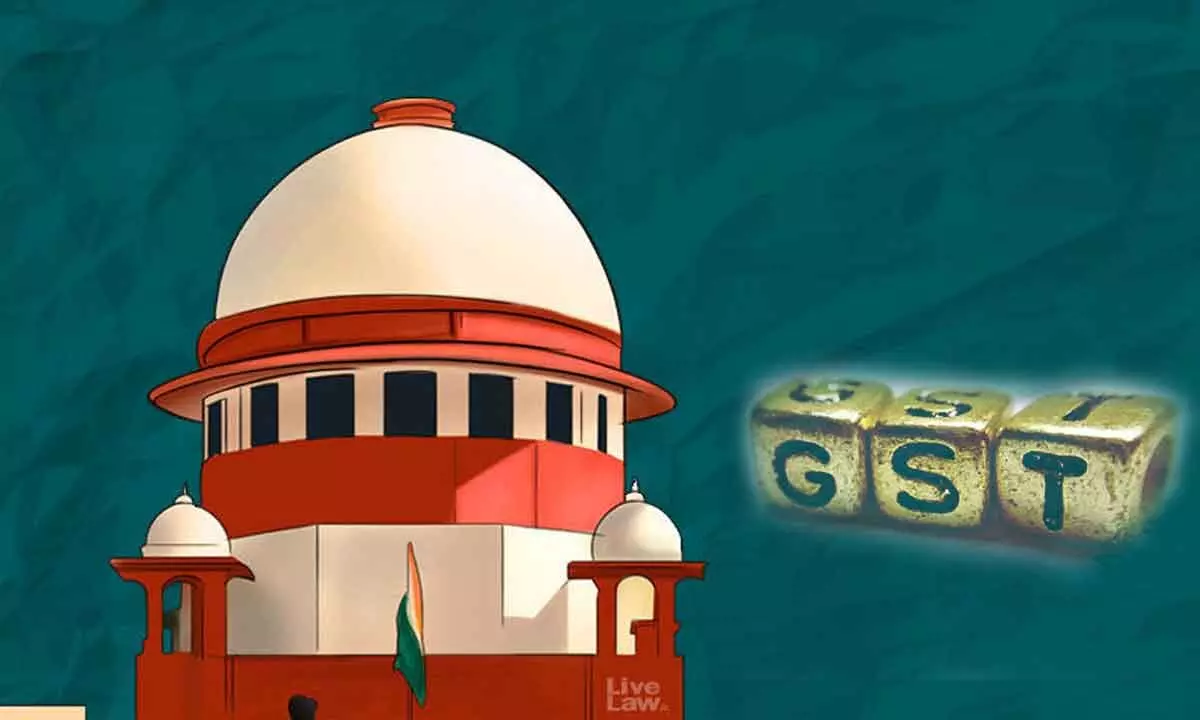Live
- Andhra Pradesh Leads the Way in Tackling Social Media Negativity
- Samsung Bets Big On Ac Business In India, Set To Launch New Windfree Models In 2025
- Sahil Salathia, Apeksha Porwal Among Others Honoured at Dr. Rekha Chaudhri’s The World Digital Detox Day Event
- KLH Hyderabad Drives AI Innovation with the 2nd International Conference on AI-Enabled Technologies
- Tata Motors flags off electric buses for workforce transportation in Pantnagar; reiterates its commitment towards carbon neutrality
- ITC Hotels Expand Presence In The National Capital With The Opening Of Welcomhotel Delhi
- Mangaluru city police bundobust for Dec 31
- 26 Grievances Received at Prajavani Program - Collector Badavath Santosh
- Essential New Year's Party Rules in Hyderabad: Follow These or Face Legal Consequences
- Nagarkurnool District SP Office Inspected by IG Ramesh Naidu









